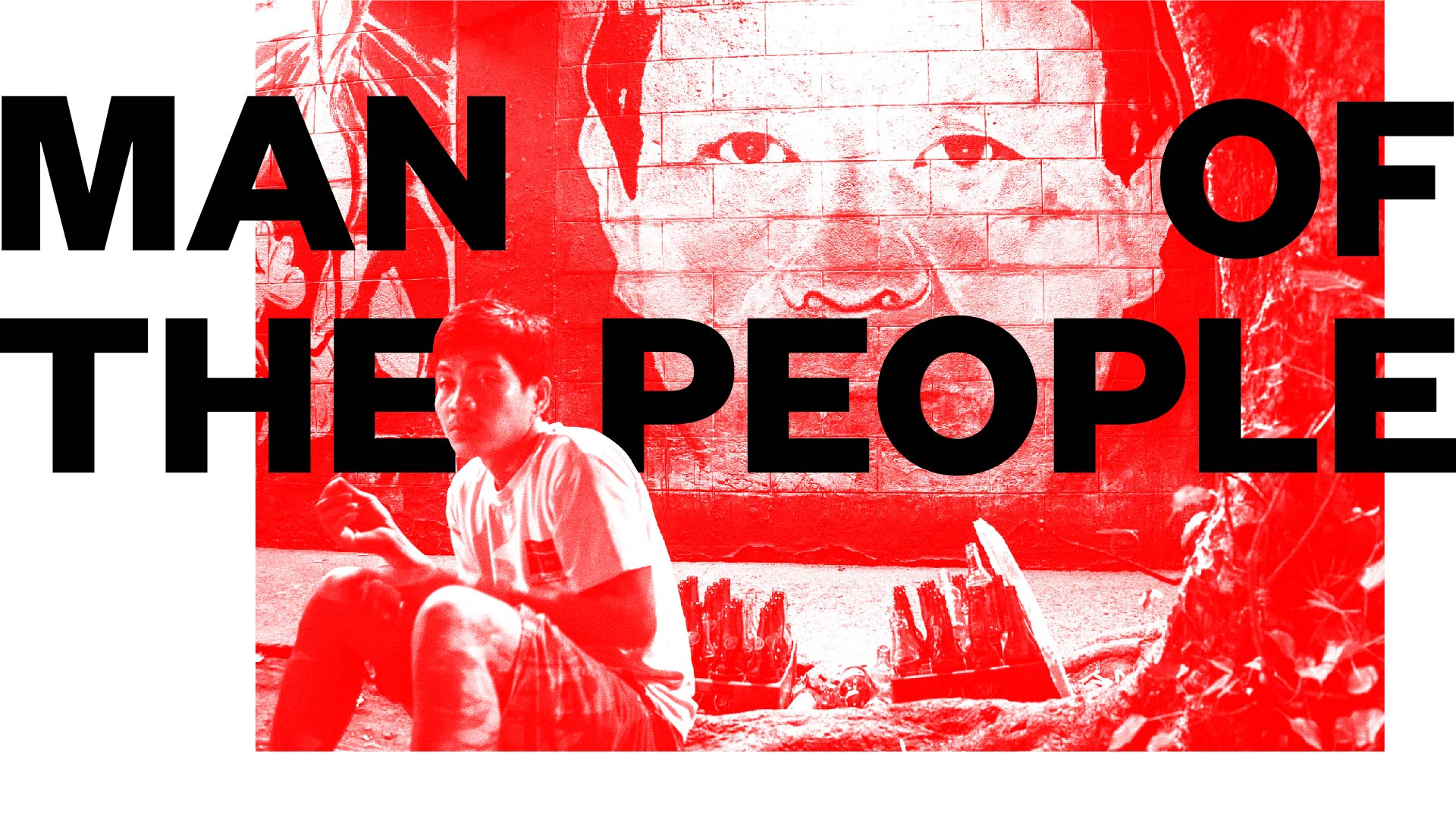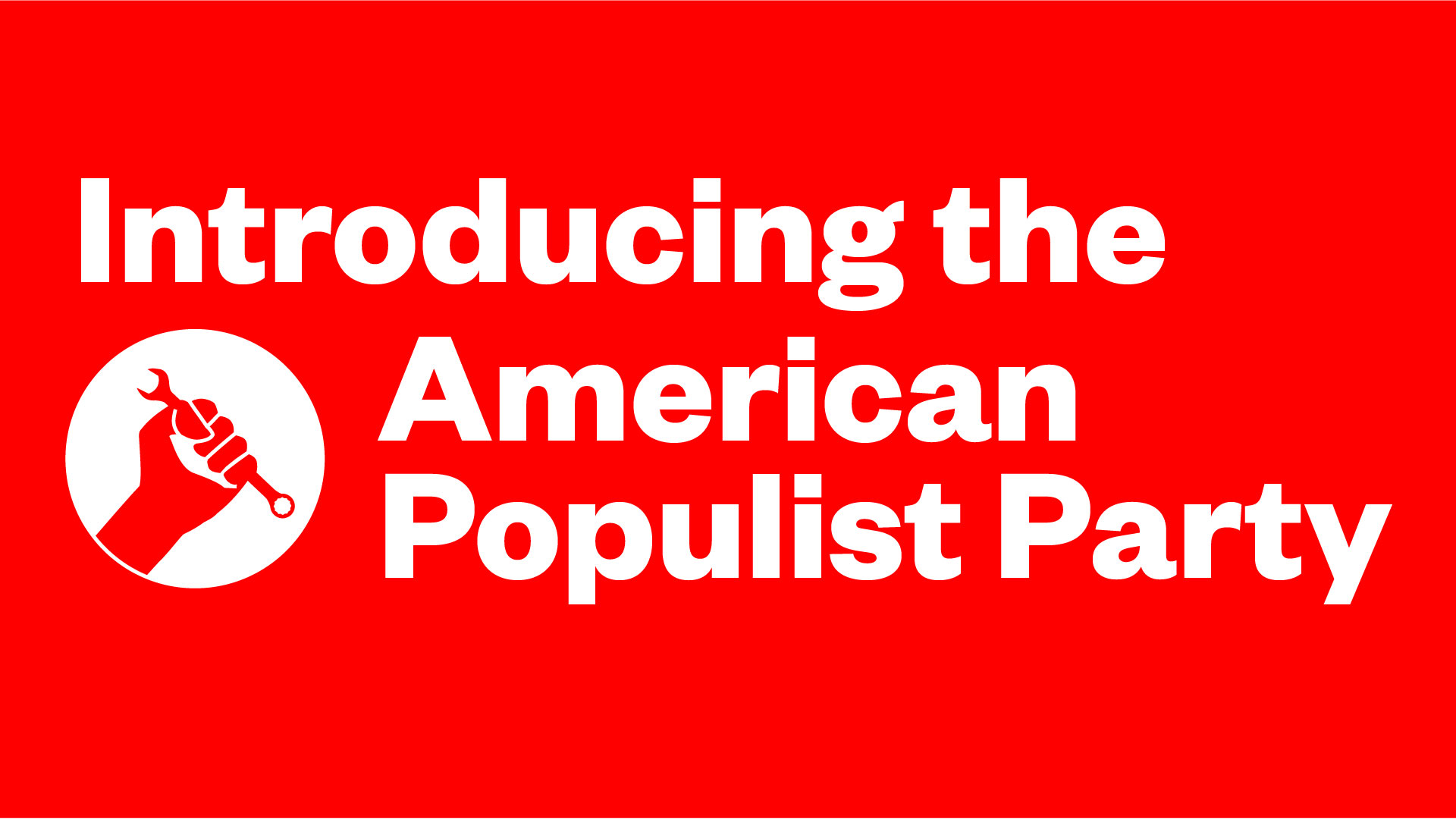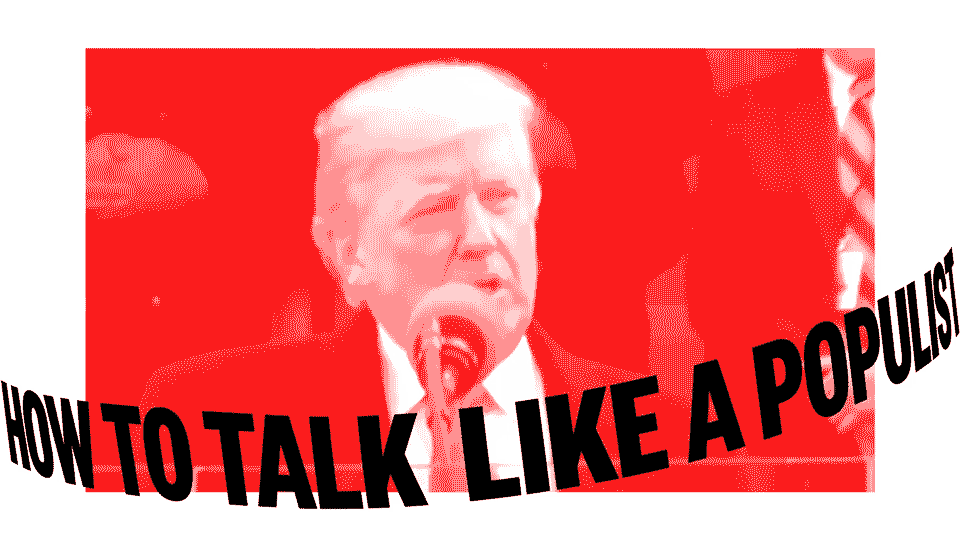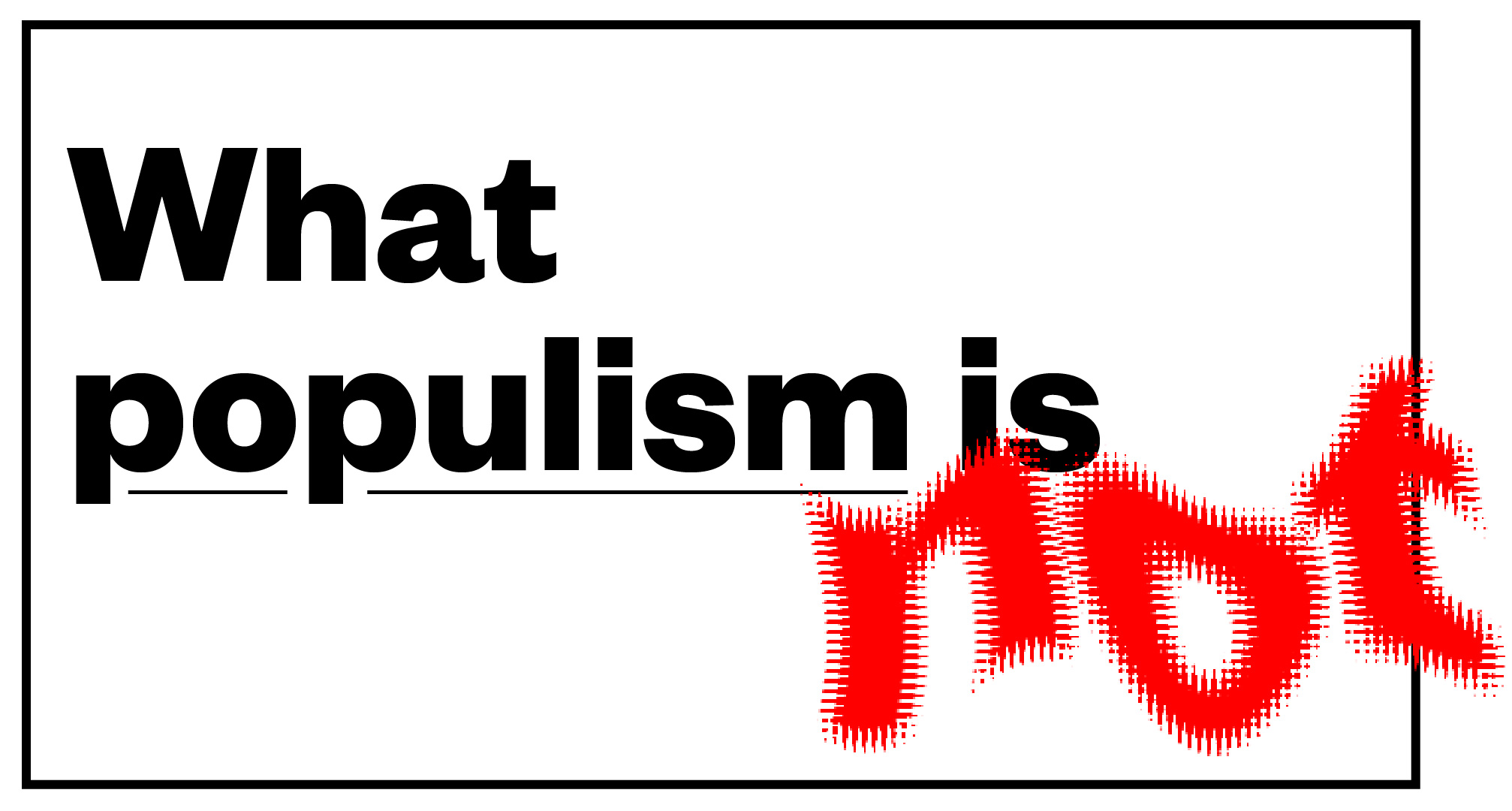PARIS — Celebrations erupted across Paris on Sunday night after Emmanuel Macron won France’s presidential election in a landslide. For many, the resounding victory was a clear rejection of the country’s growing strain of far-right nationalism embodied by Macron’s opponent, National Front leader Marine Le Pen.
But in the poorer suburbs on the city’s fringes, people were less inclined to celebrate. Residents of the “banlieues” — mostly Muslim, of Arab and African origin — remained scarred by an ugly campaign that saw a presidential candidate who repeatedly attacked and demonized their communities and went on to win a third of all French votes.
Just 20 minutes away by train from the chaotic center of Paris is the northeastern suburb of Bondy, where gray, concrete public housing lines the roads. On Sunday night, cafes and diners bustled with groups of teenagers. Police presence is keenly felt in the neighborhood, and on my arrival, bystanders watched as an officer standing by an unmarked police car questioned a trio of black men.
“He has no message, and we hate her”
Many people here met Macron’s win with a sigh of relief; it felt like a rebuke of the looming far-right threat that has engulfed some corners of Western politics. But other residents of Bondy didn’t feel especially optimistic about Macron, a 39-year-old former banker who led the upstart En Marche! party with a pro-EU stance.
“I can speak to this area and say nobody voted, nobody went,” said Mamad Koith, a 37-year-old sports writer who has lived in Bondy his entire life. In the first round of the presidential election, many in the poorer suburbs that surround Paris championed the far-left candidate, Jean-Luc Mélenchon. For the final vote, turnout was the lowest it’s been in 40 years: Around a third of all voters (26 percent, or just over 16 million people) abstained.
Koith said he and other black and Muslim people like him abstained from voting because “the whole election was a disaster.”
“I’m in interested in politics, and I follow it all closely,” he added, “but I didn’t vote because we had a choice between Macron and Le Pen — he has no message, and we hate her. There’s a fear of foreigners and people like me in the country.”
During both Macron’s and Le Pen’s campaign efforts, Bondy and other Parisian suburbs became a constant punching bag. Le Pen regularly pitched herself as the only defender of the “abandoned” and “forgotten” white rural voter and accused suburbs like Bondy of draining public resources.
“The billions we pour into the suburbs year after year with zero effectiveness, as there’s still as much unemployment, insecurity, drug trafficking. … Rural areas in the countryside need it to revitalize them,” Le Pen told a crowd in Pageas in west-central France in April. “You are the France of the silent ones. … France, who gets up early, who does not burn a car. … You no longer remain in the shadows!”
Despite Le Pen’s claims, Bondy has seen little investment in agriculture and business in recent years. Poverty is rife, and like many neighboring suburbs, it has been affected by some of the highest unemployment rates in the country. On the campaign trail, Macron promised to “emancipate” immigrant families from poverty and name-and-shame employers that discriminate against people on the basis of their origins.
Paris voted overwhelmingly for Macron (nearly 90 percent), but the vote in rural areas of the country bruised by poverty and high unemployment fell to Le Pen.
“Le Pen didn’t scare us before, and doesn’t scare us now”
Bondy’s locals were critical of Le Pen: She might enact laws harmful to members of their community, and some parents worried for their children’s future if she were to gain power. But few said her anti-Muslim sentiment differed wildly from the entrenched racism and Islamophobia they experienced on a daily basis.
“Le Pen didn’t scare us before, and doesn’t scare us now,” Koith said. He sighed. “We just want to live peacefully.”
When police were given additional powers in the wake of the terrorist attacks in Paris in 2015 that killed 130 people, many French feared the state of emergency would unleash unchecked police violence. Bondy knows this better than most. In recent months, protests have broken out in nearby neighborhoods over incidences of police violence and racial discrimination, including accusations that a French police officer raped a young black man.
Locals remain skeptical of Macron. Although he has said the relationship between the youth and police in the suburbs will be a focus of his presidency, he has also said he’d keep the state of emergency in place, as well as bring in 10,000 new police officers.
“Le Pen got millions of votes. I don’t think there’s that much to celebrate.”
In Aulnay-sous-Bois, a suburb near Bondy, Soumaya A. voted for the first time. (She asked I withhold her surname for fear of being harassed by Le Pen supporters.) Like many others in France, the 19-year-old university student felt forced to choose between two candidates she didn’t want. She reluctantly voted for Macron, but “only to block fascism,” she said.
“I voted for him, but I will fight against him if necessary,” she added.
Soumaya felt the National Front’s racist rhetoric strongly throughout the campaign, and she said it was often Muslim women like her who bore the brunt of it.
Le Pen once compared Muslim street prayers to the Nazi occupation of France and described multiculturalism as a weapon of Islamic fundamentalists. She adopted a mix of faux feminism and Islamophobia in an attempt to draw in women voters — after the sex attacks in Cologne on New Year’s Eve in 2015, she wrote an op-ed saying that women were in danger because of Europe’s migration policies.
“In France we respect women, we don’t beat them, we don’t ask them to hide themselves behind a veil as if they were impure,” she said at a rally last month.
Other politicians are no less guilty of ignoring and dismissing minority voters, Soumaya said. She was disappointed by the Socialist Party, who held power for the past five years, saying François Hollande and his government did not live up to her expectations. Specifically, she pointed to the Socialists’ failure to allow foreigners the right to vote and the proposal of a law banning the wearing of the veil at university.
Soumaya has personally been subjected to such discrimination. Last year, she returned to her former high school to receive her baccalaureate diploma. Although she was no longer a student, the headmistress refused to let her enter wearing her veil. Soumaya said the headmistress refused to give her her diploma and asked her to return two days later to pick it up.
“As a young Frenchwoman, and as a future nurse, I worry about increasing unemployment. I am concerned about the gap between the rich and the poor. And I also worry about not being able to study or work freely because I wear a scarf on my hair,” Soumaya said.
Despite Macron’s decisive victory, at least 10 million French people voted for Le Pen, double her father’s election count in 2002. In her concession speech, Le Pen pointed to France’s parliamentary elections next month, promising her supporters that she would “lead the fight,” reforming her party to create “a new political force.”
Soumaya said France’s fears of terrorism and immigration are understandable, but what Le Pen proposes is not a solution. She believes it will be Muslims who face the worst consequences.
Le Pen and the National Front campaigned hard on immigration and cultural assimilation. Le Pen has regularly targeted Muslim dress, voicing her opposition to headscarves in public places, declaring France as a country for “Brigitte Bardot, not burkinis,” and stoking nationalist fears by saying some neighborhoods were “no longer living a French life.”
On the campaign trail she proposed to cut immigration by 80 percent to 10,000 people a year and to levy additional taxes on employers who hire foreign workers. In April, one month before the run-off election, she hardened her approach, pledging to suspend all legal immigration to France in order to stop “this frenzy, this uncontrolled situation that is dragging us down.”
“She would have us believe that all the evils of France are caused by immigration,” Soumaya said. “She carries a speech of hatred and rejection of the other, in particular towards French Muslims, and this is extremely worrying. Instead of defending the rights of Muslim women, as she claims to do, she will exclude them entirely from French society.”
In his victory speech on Sunday night, Macron stressed his desire to unite women and men “against the divisions that are tearing us apart.” As he spoke, Soumaya sent a message on Facebook: “I’m shocked about the score. I thought the results would be tighter!”
“Still,” she added, “Le Pen got millions of votes. I don’t think there’s that much to celebrate.”
Rossalyn Warren is a freelance reporter. Follow her on Twitter @RossalynWarren.
Reporting for this article was supported by The European Journalism Centre.





